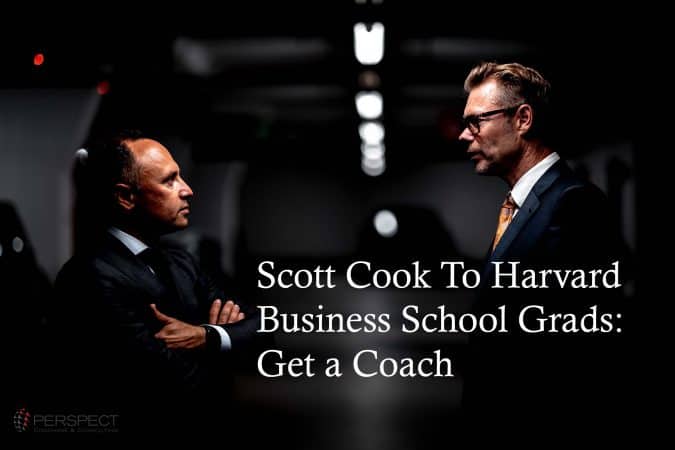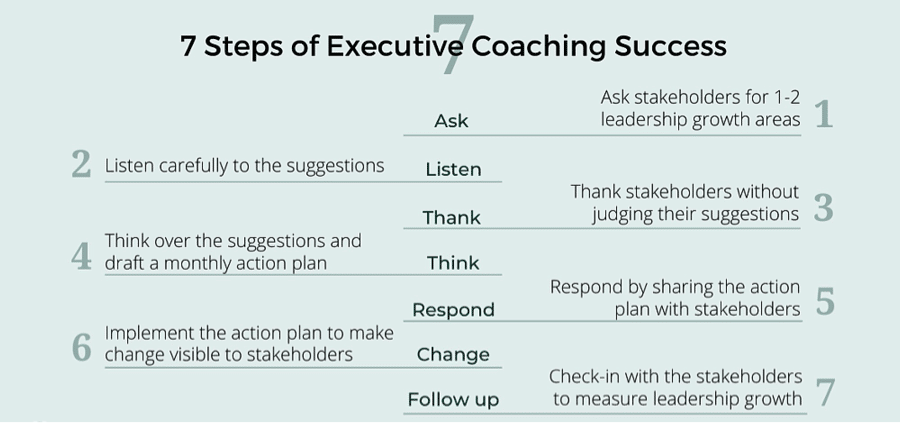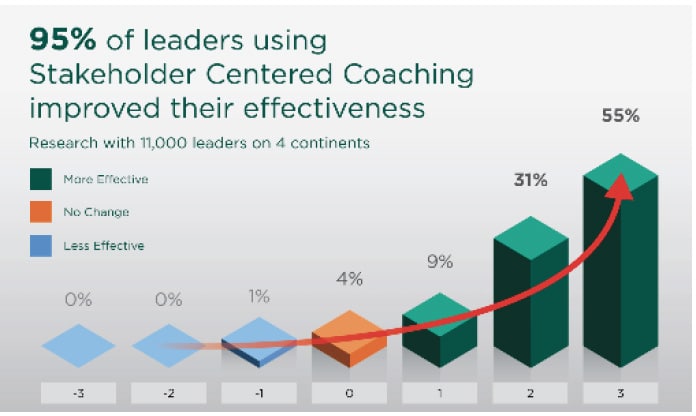2019

Scott Cook To Harvard Business School Grads: Get a Coach
Posted by Perspect
At Perspect, we use a process called Stakeholder Centred Coaching, which was formalized by Dr. Marshall Goldsmith. The power of this process is rooted in feedback and more importantly feedforward (future-focused opportunities versus living in the past). This process requires leaders with significant courage that are open to receiving suggestion and advice from subordinates and colleagues, especially when they are at the top of the organization.
Scott Cook co-founded Intuit and was President and CEO from 1983 to 1984. You have probably come heard of and maybe even used their products before – they include TurboTax, QuickBooks, ProFile and Mint. They are a technology-focused company that has stood the test of time. Reading about Cook’s history, it makes a lot of sense that his recommendations to Harvard Business Graduates is to seek out an executive coach. His advice doesn’t stop there, he also has several recommendations once you’ve hired a coach.
A coach has to be able to talk to anyone around you confidentially
The best work is done by allowing people to give honest feedback in a safe way. A coach can be the buffer between your employees and you, however, to truly extend your reach and impact you need to have the vulnerability to allow your stakeholders to hold you accountable. Sometimes, feedback is hard to swallow. Many times, you don’t want to hear what people have to say. A coach can help you sift through the feedforward and determine what is warranted and what may not be. More importantly, they can help you link this back to your actions, thinking and way of ‘being’ so you can make the necessary adjustments required to achieve your goal.
When we initiate an Executive Coaching arrangement, the first step is to do in person 360° feedback at your workplace with people you trust and respect, allowing people to give feedback and feedforward in a safe setting. Why pick people you trust and respect? So, you will know that the feedback is in your best interest and not rooted in negativity.

A coach has to see your work
For an Executive Coach to do their best work, they must be able to see your work. Hiring a coach but being unwilling to show the work you do is a classic error made by well-intentioned executives. A coach can only help with as much as they can see. When hiring a coach, your best bet is to open up, be honest, and allow your coach as much access as they need.
“But what if they find something bad or embarrassing?” That’s why you hired a coach in the first place! To ensure you aren’t making simple mistakes that can be easily corrected by overcoming unwarranted fears. Talking to the people you work with regularly usually uncovers the issues that need attention. Without an open communication channel between your employees and management, issues get ignored or put on the corporate backburner. A coach can ensure that there is always an open communication channel as you move up the organization.
To truly maximize the potential of coaching we extend this regular feedback to your stakeholders. Once you have determined the highest impact opportunity for your personal and professional growth you then engage these people you respect and trust and ask them two questions on a regular basis.
- How did I do as it relates to you and I over the past couple of months at becoming more (your growth behaviour)?
- What can I do in the next couple of months as it relates to you and I to become more (your growth behaviour)?
This real-time feedforward highlights your success and provides you with the information you require to continue to improve. It is also shifting the perception of your stakeholders in real-time, which is arguably much more difficult and impactful than just changing the behaviour itself. It is exponentially enhancing your influence.
You have to be open to what your stakeholders and coach share with you
This might be a difficult point to address, but it’s a completely natural feeling to not want to listen to feedback. This is why we focus on feedforward as it is much more palatable to get great ideas for improvement when you actively seek them out versus critique on your failures.
Let’s face it humans generally don’t want feedback. That’s one of the biggest reasons people avoid coaches. It is not that they don’t feel they have room for improvement or growth, most everyone acknowledges they can get a bit better at something. With that said, most people don’t want to hear about what they are doing and have to confront it with change. The proverbial “ignorance is bliss” in the business community is astounding. Watch the news to see this show up daily. However, the reason why the best leaders always want a coach, always want feedback and always want to get better is because they know Executive Coaching works.
Coaches help you become a better version of yourself, that is their sole purpose. Athletes know it, performers know it, executives should too.
To read more about Scott Cook’s advice to Harvard Business Grads, click the article here.

If you are curious about what areas may bring value to you try our leadership assessment – this will at least give you a glimpse of what is possible from a self-reflective perspective. Try it here for free.
